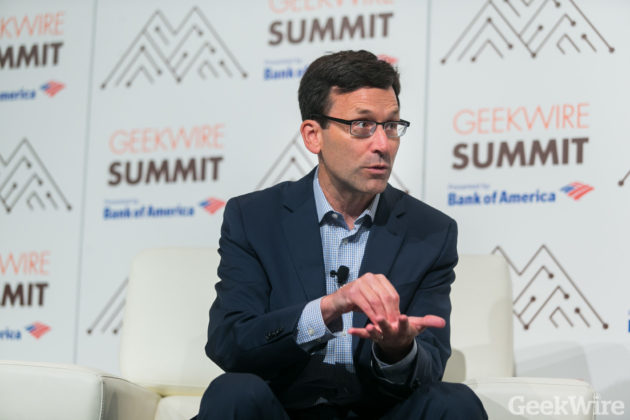
The Washington State Legislature passed a bipartisan proposal from Attorney General Bob Ferguson to create an Artificial Intelligence Task Force that will help lawmakers better understand the benefits and risks of the rapidly developing technology.
Senate Bill 5838 was approved with a 30-19 vote this week and will now be sent to Gov. Jay Inslee for his signature. Sponsored by Sen. Joe Nguyen, D-White Center, the bill previously passed the House and Senate before the latest vote to reconcile amendments from both chambers. The companion bill in the House was HB 1934.
The task force will be made up of 19 members, including technology experts, industry representatives, labor organizations, civil liberty groups and other stakeholders. The attorney general’s office has not yet determined who those members will be.
The rapid rise of AI and generative AI in particular, with its ability to create content such as text, images or audio, has spurred action by lawmakers at the state and federal level. Legislatures in states including Colorado, Illinois, Texas, Vermont and Virginia have created task forces or commissions to study AI. And the U.S. House of Representatives launched a bipartisan, 12-member task force of its own.
“AI is becoming a part of our daily lives, and it’s our duty to immediately begin working in a thoughtful way to ensure we protect Washingtonians against this technology’s risks while maximizing its benefits,” Ferguson said in a news release. “I appreciate the Legislature’s partnership, and I look forward to launching an inclusive task force that will develop recommendations to guide public policy in this important arena.”
Ferguson first proposed the initiative in December. During a January hearing of the Senate Environment, Energy & Technology committee in Olympia, Wash., a leading concern was that the task force was proposed at the time to have 42 members.
The task force will meet at least twice a year, and according to the AG’s office its executive committee must investigate and submit reports on several areas of concern, including, but not limited to:
- a review of public policy issues and existing protections;
- identification of high-risk uses, racial equity, and civil liberty issues; and
- recommendations for guiding principles, regulatory structures, and opportunities to support innovation.
The University of Washington also created an AI task force in February, citing the need to develop “an institutional strategy for artificial intelligence.”
“The UW has a responsibility to lead in the conversation around AI — not only in potential applications but in their ethical and equitable use,” a blog post from Provost Tricia Serio read. “It is about catalyzing our mission to preserve, advance and disseminate knowledge and preparing students for a future where AI will be an integral part of their professional and personal lives.”

